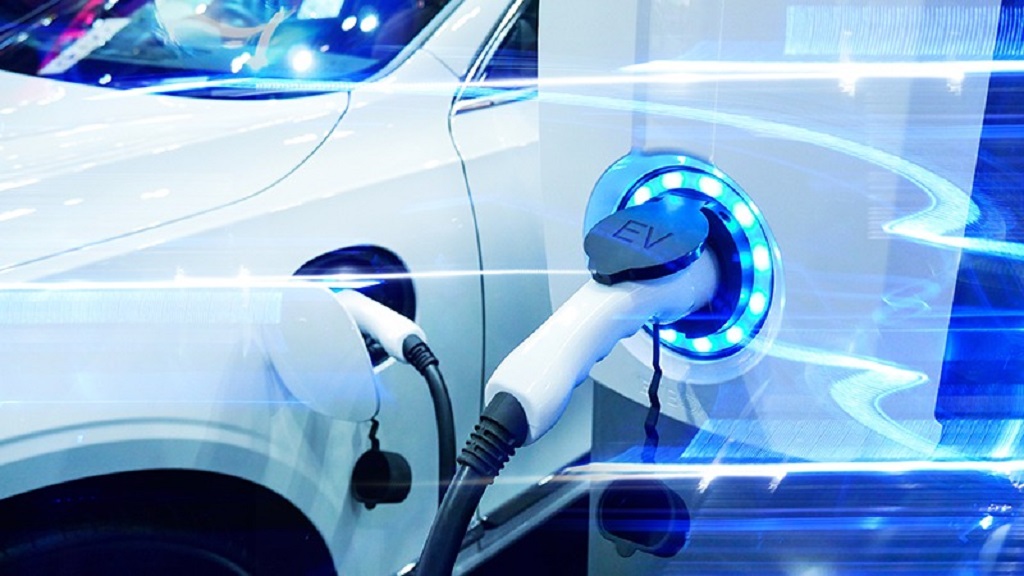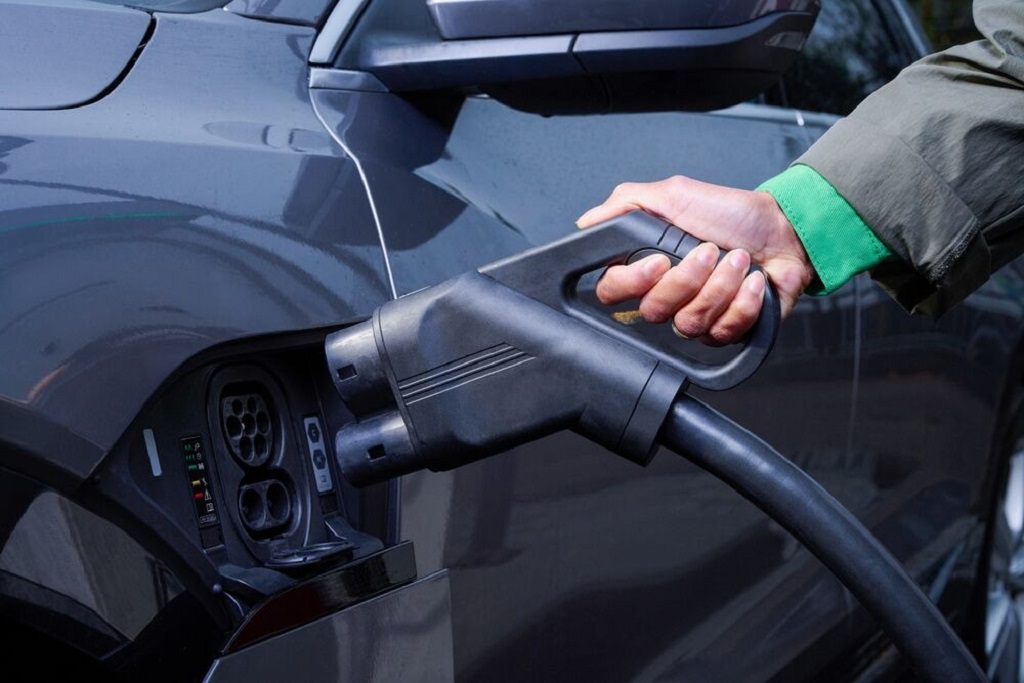
The Impact of Social Media on Fashion Award Nominations
January 5, 2025
Ruffled Socks With Pearl Embellishments for Coquette Fashion
January 5, 2025The Hidden Truth About the Impact of Fast Charging on Electric Car Battery Lifespan
In the dynamic world of electric vehicles (EVs), fast charging is a game-changer for convenience, enabling quick power-ups during long journeys. But this convenience raises a crucial question: What is the impact of fast charging on electric car battery lifespan? Understanding the intricate balance between speed and sustainability is vital for EV owners aiming to maximize their vehicle’s value. As we explore this topic, let’s unravel the facts, backed by research, and provide actionable advice for EV enthusiasts. Don’t forget to explore Heartandstylewoman for more insights into technology and lifestyle.
Table of Contents
ToggleUnderstanding Electric Car Batteries
Electric car batteries, typically lithium-ion, power the majority of modern EVs. Their structure comprises an anode, cathode, separator, and electrolyte. Over time, these components degrade due to various factors like temperature, charging habits, and overall usage. EV batteries usually last 8–15 years, but how does fast charging influence this timeline?
How Does Fast Charging Work?
Fast charging uses higher currents or voltages to recharge batteries significantly faster than standard chargers. DC fast chargers like Tesla Superchargers or CCS systems deliver power levels of 50 kW or more. While convenient, this high-speed energy transfer creates additional heat, a known adversary of lithium-ion batteries.
In contrast, traditional chargers operate at lower power levels, which generate less heat and stress. However, this slower charging might not always suit modern lifestyles. Balancing these options is where the debate gets interesting.
Is Heat the Culprit Behind Battery Degradation?
Heat is a well-documented factor in battery wear. When fast charging, batteries experience elevated temperatures, accelerating chemical reactions that degrade cell materials. For example, research from the National Renewable Energy Laboratory (NREL) indicates that repeated exposure to high temperatures can reduce battery capacity by up to 20% over five years.
To mitigate this, manufacturers integrate advanced thermal management systems. However, these systems are not foolproof. Over time, even the best-cooled batteries may show signs of accelerated aging due to frequent fast charging.
The Role of Smart Charging in Prolonging Battery Life
Charging habits significantly impact an EV battery’s lifespan. Utilizing fast charging sparingly can help maintain long-term performance. For daily use, adopting slower Level 2 chargers is advisable. Moreover, staying within a state-of-charge (SoC) range of 20%–80% prevents over-stressing the battery.
Interestingly, troubleshooting battery-related issues often intersects with seemingly unrelated systems. A guide on diaphragm carburetor troubleshooting emphasizes the importance of regular maintenance, a principle that applies equally to EV batteries. Proper care and monitoring can dramatically extend the lifespan of these critical components.
Fast Charging Myths vs. Reality
Several myths surround the impact of fast charging on EV batteries:
- Myth: Fast charging destroys batteries instantly.
Reality: While fast charging accelerates wear, the effect is gradual and can be managed with proper habits. - Myth: Fast chargers are unsafe for all EVs.
Reality: Reputable chargers comply with safety standards and are tested rigorously to prevent overcharging or overheating. - Myth: Frequent fast charging voids battery warranties.
Reality: Most manufacturers design batteries to handle occasional fast charging without voiding warranties.
Read More Also: The Impact of Social Media on Fashion Award Nominations
Tips to Optimize Charging and Protect Your Battery
- Plan Charging Strategically: Use fast charging for emergencies or long trips only.
- Monitor SoC Levels: Avoid frequent full charges or deep discharges.
- Use High-Quality Chargers: Stick to manufacturer-recommended charging stations.
- Maintain Optimal Temperatures: Park in shaded areas or garages during charging.
- Leverage Battery Management Features: Use built-in EV apps to schedule off-peak charging.
How Manufacturers Address Fast Charging Concerns
To combat potential drawbacks, automakers employ innovative battery technologies. For instance:
- Solid-State Batteries: These next-gen batteries promise lower degradation rates and faster charging capabilities.
- Advanced Cooling Systems: Brands like Nissan and Tesla are enhancing thermal management to minimize heat-induced wear.
- AI and Smart Software: Predictive algorithms in vehicles like the BMW iX optimize charging patterns to preserve battery health.
Case studies reveal nuanced insights. A 2021 study by Geotab found that vehicles frequently using DC fast chargers experienced marginally higher degradation compared to those using Level 2 chargers. However, the difference was not catastrophic, with an average capacity loss of only 1%-2% annually.
Future Trends in Charging Technology
Emerging technologies aim to address current challenges:
- Wireless Charging: Inductive systems offer a slower but stress-free alternative.
- Ultra-Fast Chargers: Systems like the ABB Terra 360 aim for ultra-fast yet battery-friendly charging.
- Battery Swapping: Companies like Nio are exploring this quick alternative to recharging.
FAQs
What is the ideal charging routine for an EV?
A mix of slow and fast charging, keeping SoC between 20%-80%, is considered optimal.
How does fast charging affect range over time?
Frequent fast charging can marginally reduce range, but proper habits minimize this effect.
Are all EV batteries equally affected by fast charging?
No, the impact varies based on the battery chemistry and thermal management system.
Can I fast charge daily without damaging my EV battery?
Daily fast charging is not ideal; sparing use preserves battery health.
Do fast chargers cause safety issues?
Reputable fast chargers are designed with multiple safety features to prevent accidents.
How do manufacturers ensure batteries can handle fast charging?
Through rigorous testing, robust cooling systems, and software-driven optimizations.
Conclusion
The impact of fast charging on electric car battery lifespan is undeniable but manageable. With informed charging practices, leveraging evolving technologies, and staying attuned to manufacturer guidelines, EV owners can enjoy both convenience and longevity. Fast charging is not the enemy—it’s a tool that, when used wisely, complements the future of sustainable mobility.




